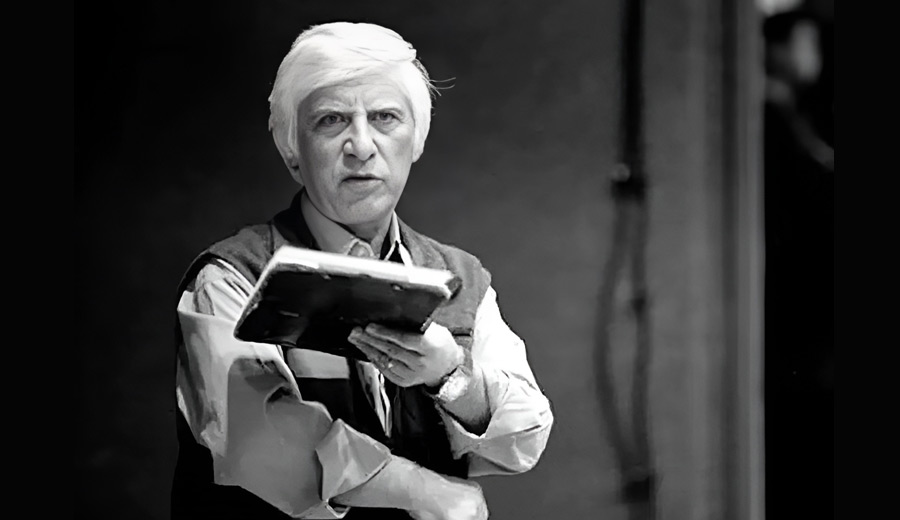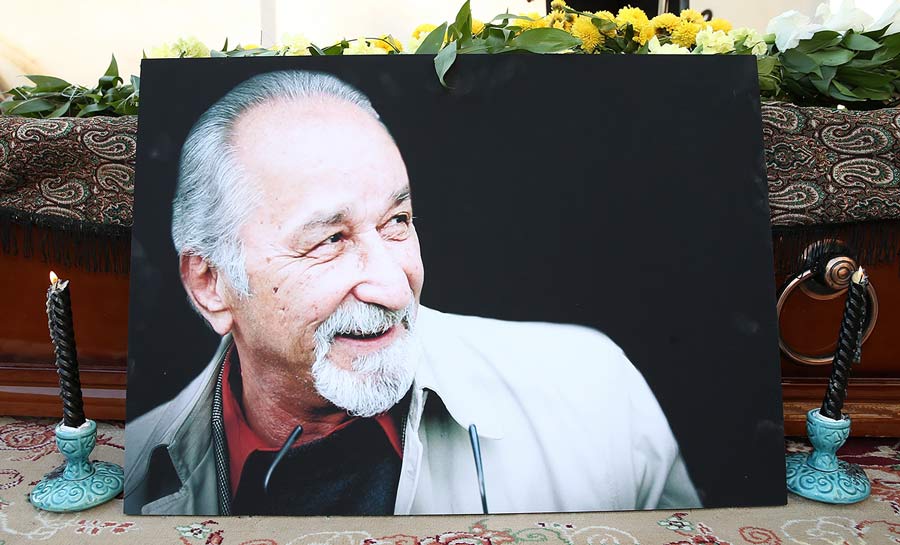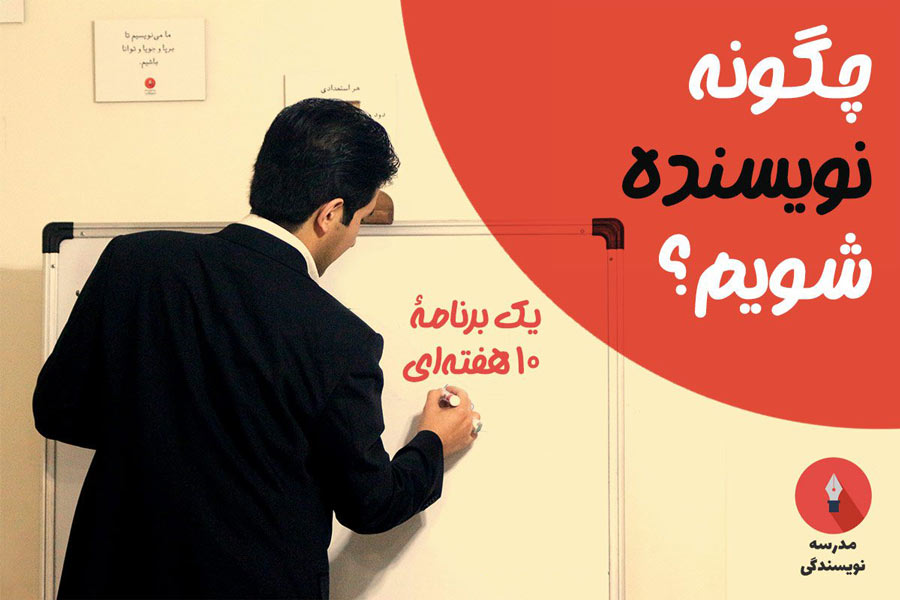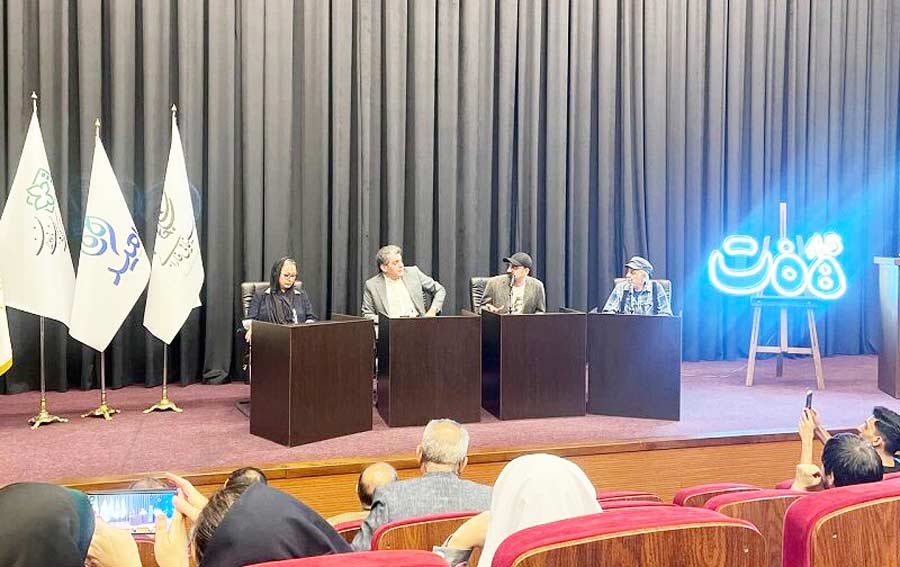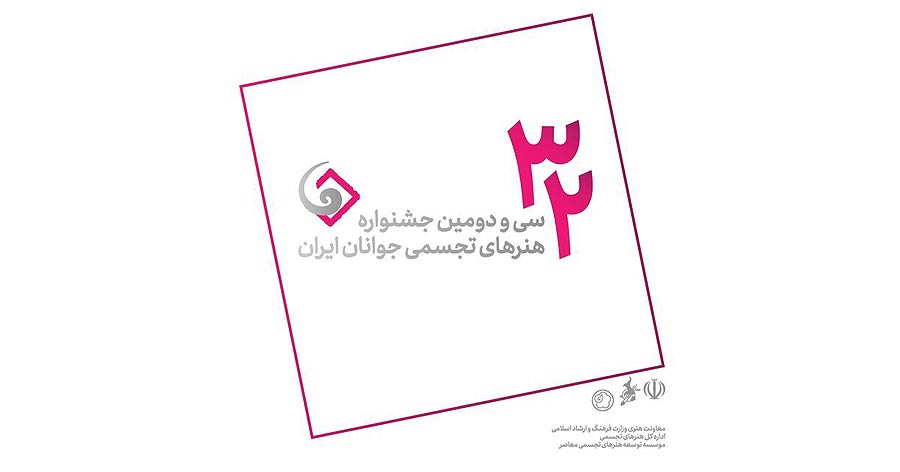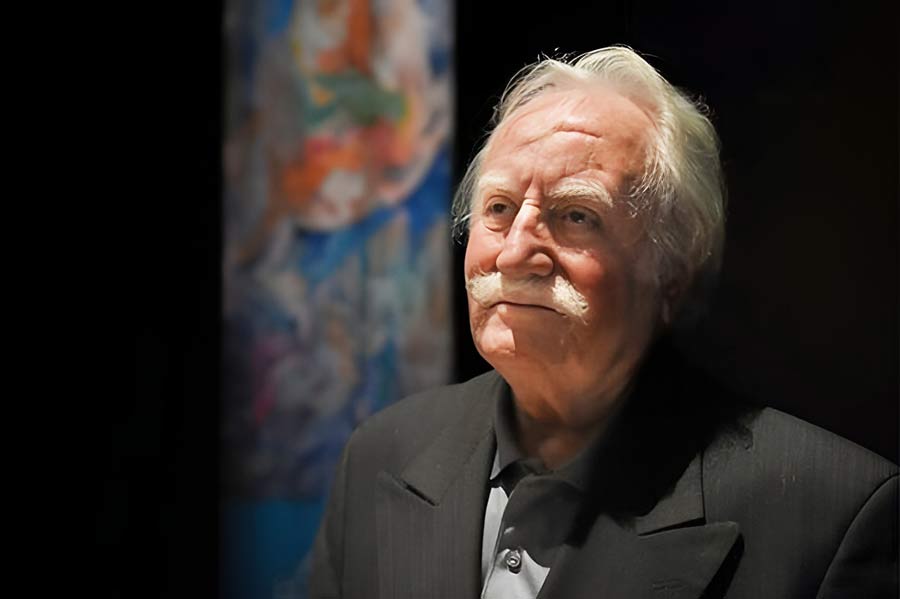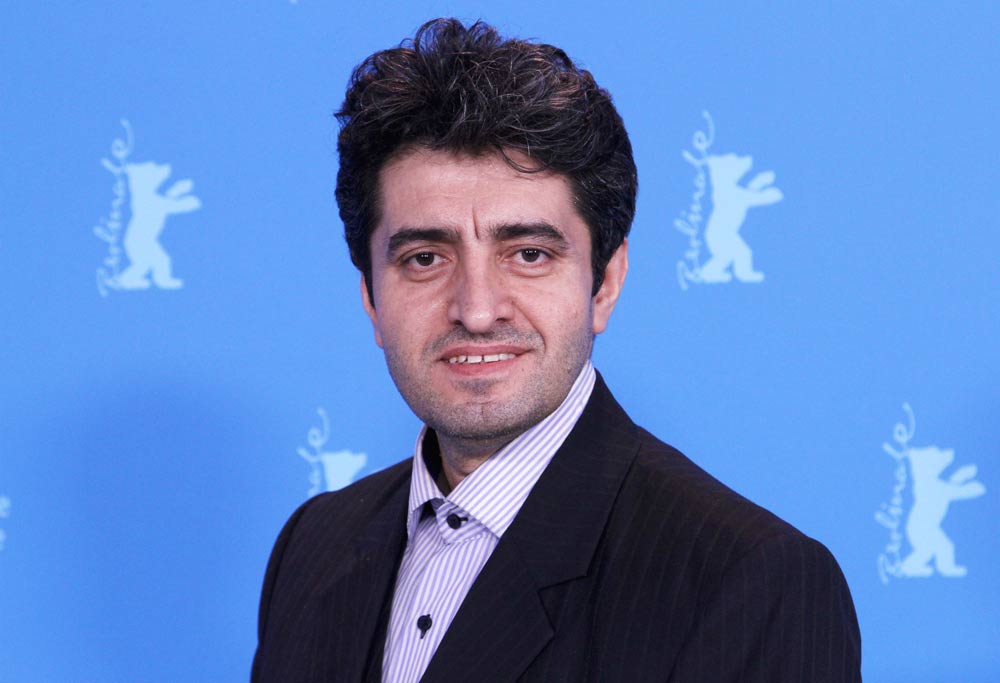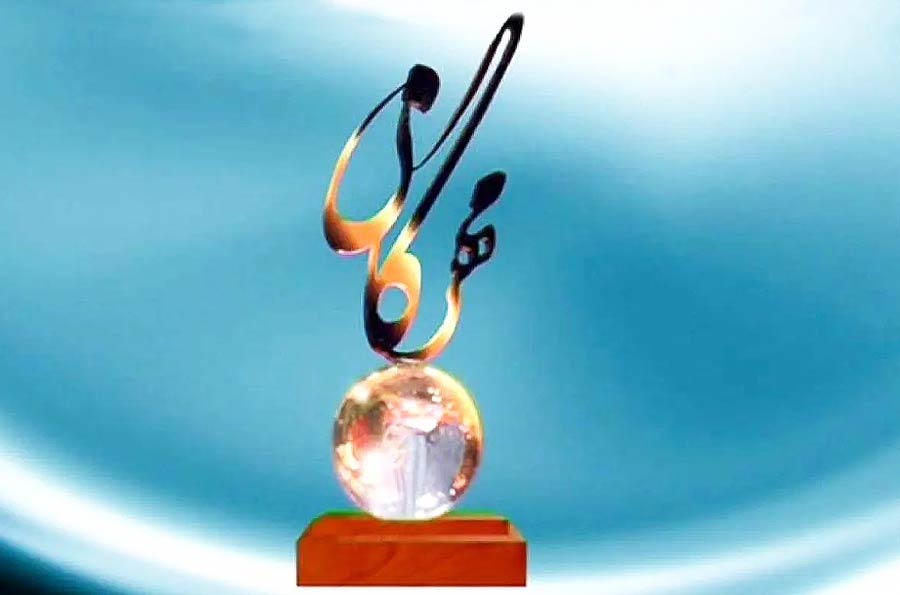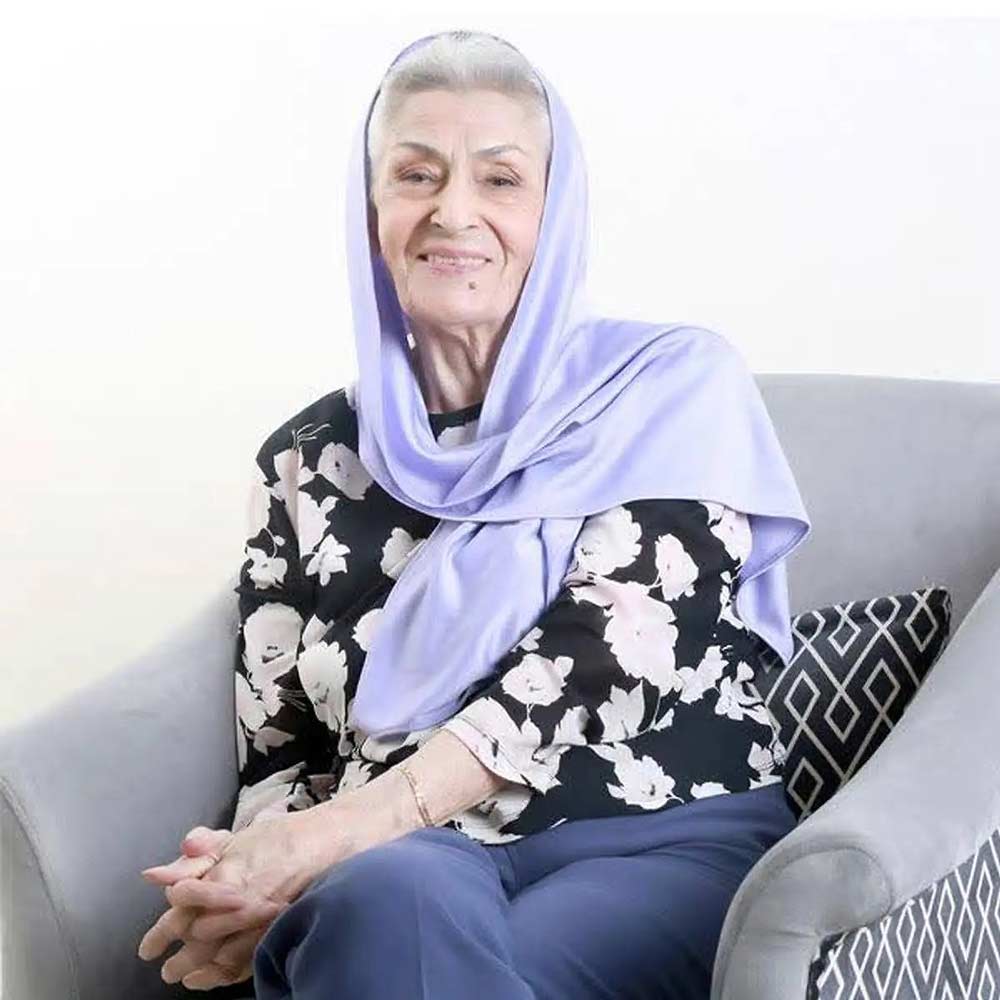
Body of late Zhaleh Olov, a renowned artist of IRAN, was buried in artists’ plot of Behesht Zahra.
Zhaleh Olov’s body was buried next to Mohammad Ali Keshavarz, Khosrow Sinai, and Masoud Mehrabi (owner of Film Magazine) on December 25, 2024.
According to Artmag.ir Quoted from ISNA, after funeral ceremony for Zhaleh Olov was held in front of Vahdat Hall, which was attended by government administrators and artists, body of actress, voice actor, and announcer arrived at Behesht Zahra Artists’ Cemetery and was buried in presence of people interested in this female artist.
Atabek Naderi, Head of General Directorate of Performing Arts, expressed his condolences on the passing of Zhaleh Olov, a cinema, theater, radio, and dubbing artist, in a message. Part of Atabek Naderi’s condolence message reads:
“With utmost regret and sorrow, we extend our condolences to Iranian artistic community and her esteemed family on passing of distinguished and veteran artist, Ms. Zhaleh Olov. With more than seven decades of brilliant activity in the fields of theater, cinema, television, and radio, Zhaleh Olov played an unparalleled role in advancement of Iran’s performing arts. Her enduring presence on theater stage, her roles in prominent plays, and her immortal voice that adorned beginning of performances in theaters of city, have been and continue to be an inseparable part of culture and art of this land.”
Ceremony, which was hosted by Fereydoun Mehrabi, was attended by figures such as: Seyyed Abbas Salehi, Minister of Culture, Nadereh Rezaei, Deputy Artistic Director of Ministry of Culture, Atabek Naderi, Director General of Performing Arts, Iraj Rad, Hadi Marzban, Biuk Mirzaei, Manouchehr Shahsavari, Secretary of Fajr Film Festival, Seyyed Abbas Azimi, Director of Veteran Artists Institute, Allahyari, CEO of Rudaki Foundation, Masoud Foroutan, Shohreh Soltani, Behzad Farahani, Mehdi Shafiei, Shahram Gilabadi, Nahid Moslemi, Mikael Shahrestani, Pouran Derakhshandeh, Shekarkhoda Goodarzi, Raed Faridzadeh, Head of Cinema Organization, Zahra Saeedi, Shamsi Sadeghi, Esmail Mehrabi, Shahin Najafzadeh, Mandana Aslani, Amin Ashrafi, Majid Hamzeh, Ramin Pouraiman, Kheirollah Taghianipour, and others.
Shahin Najafzadeh: It’s a pity that we lost a legend
Furthermore, Shahin Najafzadeh, voice actress and actress, said: We are all saddened by passing of lady of light, poetry, and passion of authority and honor. The light that shone in her being and we were all intoxicated by the light of her being. But she had a secret that not everyone could access this secret of light and knowledge. It’s a pity that we lost a legend. Radio, especially drama radio, was her first home, and even recently, she would sometimes come to Arg Square and make us happy with the child inside her. Studio Number Eight is full of her memories.
She thanked Zhaleh Olov’s wife and son and sound managers who have been with veteran artists, and addressed managers, saying: “Let’s understand veteran living artists and try to preserve noble art they have entrusted to us from vulgarity.”
Abolhassan Tahaminejad: Her voice was distinctive among thousands of voices
Abolhassan Tahaminejad, dubber, narrator and colleague of Zhaleh Olov, said: They named him “Shaukat” because they knew from beginning what a great thing he had brought to world of art. God was very kind to him and gave him a life of honor and a special voice that was distinctive and beautiful among thousands of voices.
He recalled: I am about 11 years younger than him, and in my youth we would see him in theater and hear his voice on the radio.
Referring to Zhaleh Olov’s roles in cinema, he said: Even when he played a negative role, although audience would feel a sense of hatred, memory of his acting would remain in the minds of audience.
In another part of his speech, Tahami referred to boom and glory of radio and added: When we heard sound of radio, we imagined what art was behind this sound.
Announcer continued, recalling golden era of Iranian dubbing: Zhaleh Olov spoke for the great stars of world cinema. When I first started in voice-over business, I did not imagine that he, a professional artist, would collaborate with a novice, but I am proud that this collaboration was formed and continued.
Abolhassan Tahami concluded by saying: May their souls be happy as they guided ship of their lives on sea, reached shore of eternity, and their memory will always be with us.
Iraj Rad: Zhaleh Olov was not just a lasting face
Iraj Rad, as last artist and veteran, said about Zhaleh Olov: We are all sorry for passing of this great artist. Ms. Olov was a great and noble person; she has carved a valuable place in history of Iranian art today.
He added: It is not just important to be an artist, it is also important to be a human being, and Zhaleh Olov was a human being in every sense of word, and today we bow to what she did with love for people.
Rad continued: She was not just a lasting face, but also had lasting ethics, Iranian spirit, and purity. If Zhaleh Olov was influential in this world, it was because of her lofty spirit.
Dr. Shahrokh Razmjou, the only surviving child of Zhaleh Olov
He was born in 1965. He is son of Zhaleh Olov, an Iranian archaeologist and specialist in Achaemenid period. He received his PhD in archaeology from University of London and is a faculty member of Faculty of Literature and Humanities, University of Tehran, in Department of Archaeology.
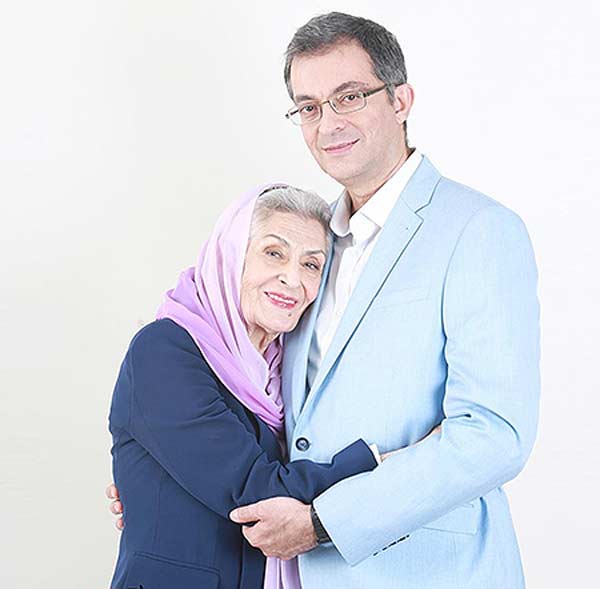
Education
PhD, 2008, Archaeology, University of London
M.A., 2002, Archaeology, Azad University, Tehran Central Branch
B.A., 1988, Archaeology, University of Tehran
He received his B.A. in Archaeology from University of Tehran and his M.A. in Archaeology from Azad University of Tehran.
In 1998, he established Hall of Inscriptions at National Museum of Iran, and in 2001, he officially established the Center for Achaemenid Research at National Museum.
Dr. Razmjou also worked and researched for a while as a curator and head of Ancient Iranian collection in Middle East Department of British Museum. While he was doing research at British Museum, he managed to provide a more complete translation of text of Cyrus Cylinder from Babylonian to Persian, which was unique in its kind. This translation was published in a book in Iran in 2010. This translation is also available on official website of British Museum.
He has also reviewed film 300, relying on solid historical and archaeological evidence.
Dr. Shahrokh Razmjou has conducted excavations at several ancient sites to date, most important of which is the excavation of Niasar Caves near Kashan.
Dr. Razmjou is currently a lecturer in Department of Archaeology at University of Tehran.


